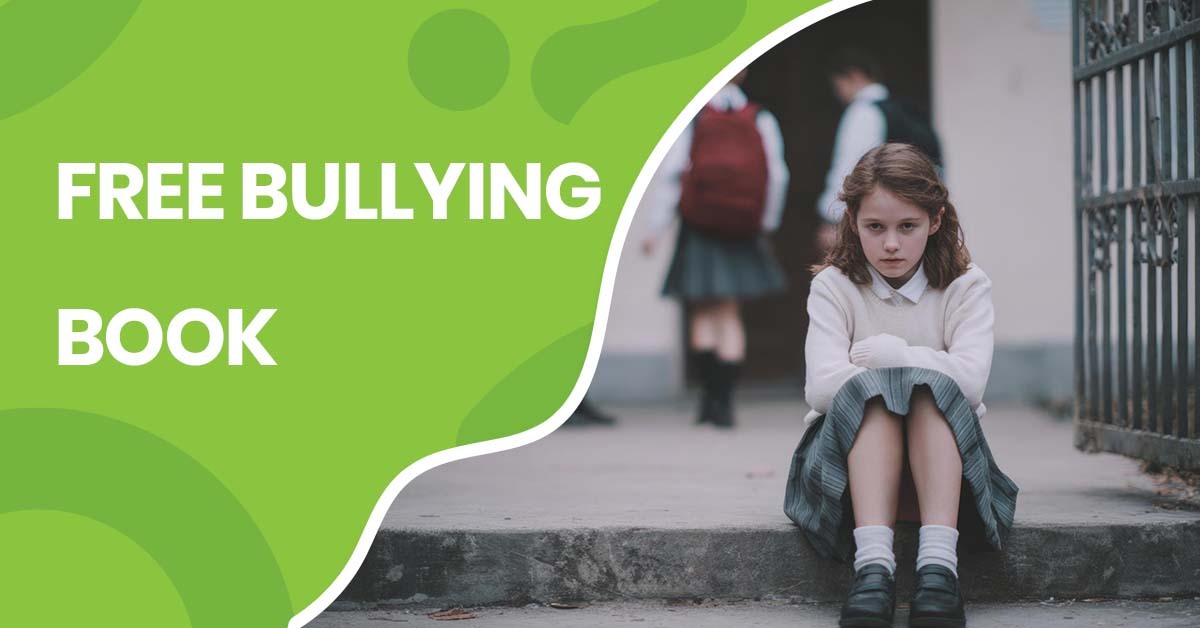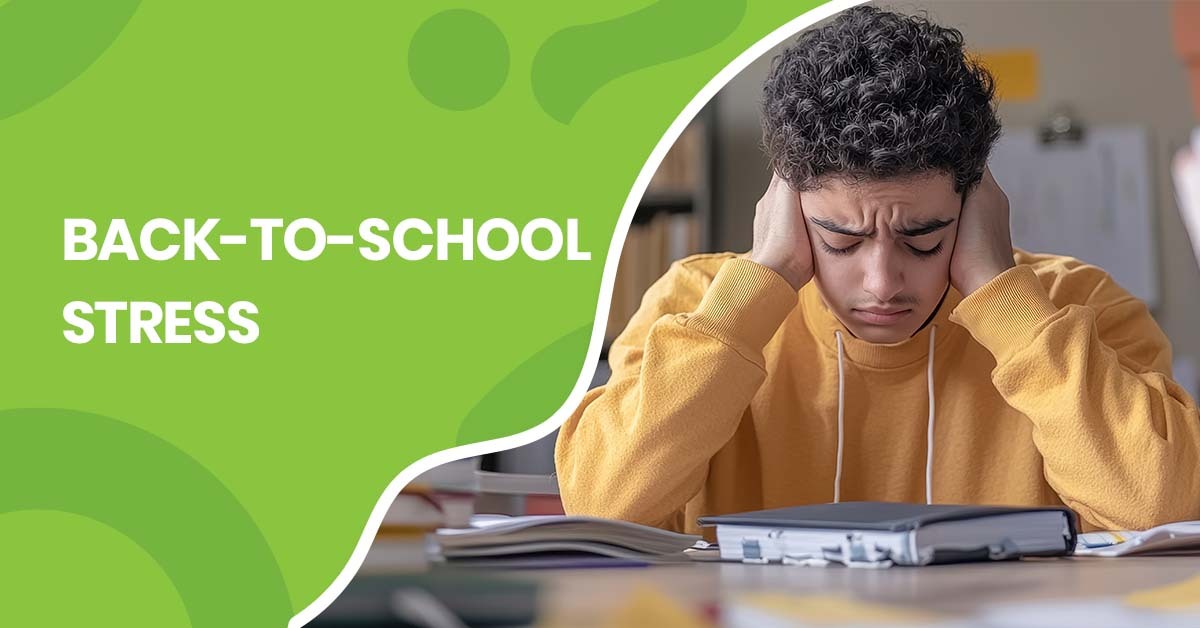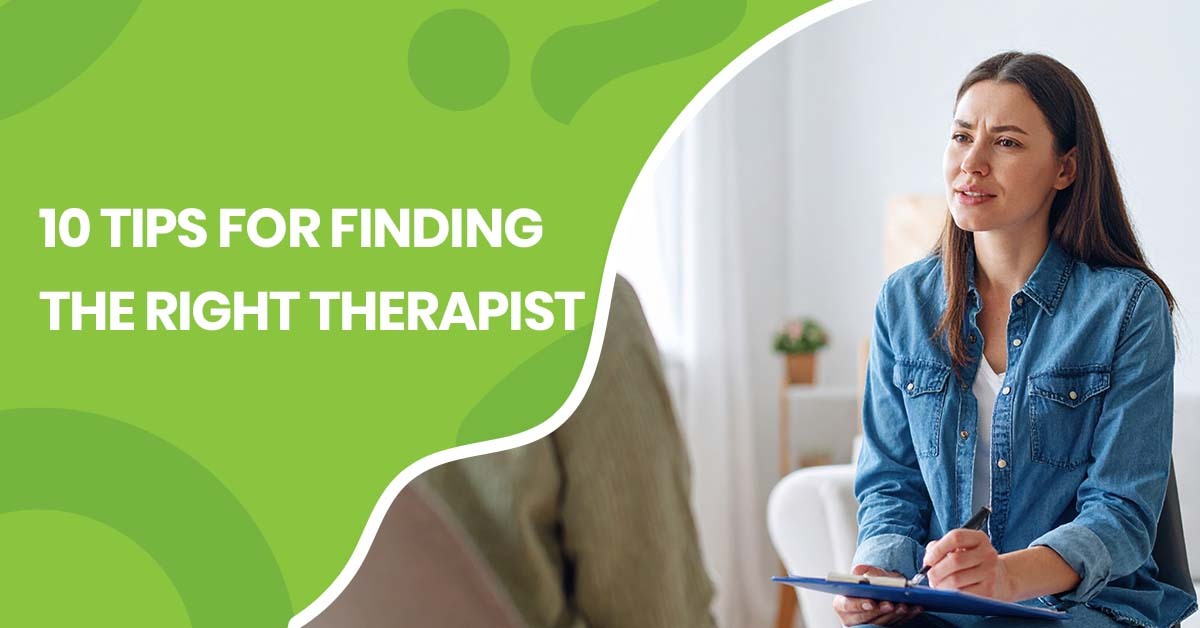
In today’s fast-paced world, most emotional struggles don’t come from what happens, they come from how quickly we react. The power of pause is one of the most effective and research-backed mental health tools for calming the nervous system, reducing conflict, and improving emotional regulation.

How to Be an Anti-Bully – A Practical Guide for Families By Dr. Bryan Pearlman, Licensed Therapist – St. Louis Bullying is not “just a phase.” For many children and teens, it leads to anxiety, depression, low self-esteem, school avoidance, and long-term emotional stress.

Free Mental Health & Parenting Books by Dr. Bryan Pearlman (Trusted Resources for Parents, Educators & Mental Health Support) Looking for free mental health books or parenting guides written by a licensed therapist? You’re in the right place. Pearlman & Associates, in collaboration with DSMHW, proudly offers a collection of free, evidence-based mental health and parenting books written by Dr. Bryan Pearlman, a licensed therapist, former principal and teacher, educational psychology adjunct, and national keynote speaker.

Choosing the right therapist is not just about finding someone with a license, it’s about finding a professional who truly understands your concerns, respects your experiences, and supports your growth at your pace. Whether you’re dealing with anxiety, depression, trauma, relationship stress, grief, or feeling emotionally stuck, the right therapist can make a meaningful difference in your life.

The first few weeks of school can be emotionally demanding for children, teens, and parents alike. While a new school year often comes with excitement, it also brings unfamiliar routines, academic expectations, social pressure, and early mornings, all of which can trigger stress and anxiety.

By opting in to receive text messages from Pearlman & Associates, you consent to receive SMS communications related to your care and interactions with our practice. These messages are intended to support scheduling, communication, and important updates.

At Pearlman & Associates, protecting your privacy is a priority. This policy explains how we collect and use your phone number, SMS, and email for communication related to your care.

15 Tips to Raise Healthy, Happy, Successful, Kind, and Compassionate Kids By Dr. Bryan Pearlman If you’re a parent, educator, or mental health professional, you’ve probably asked yourself at some point: Why didn’t anyone teach me how to manage my emotions? Why does parenting sometimes feel so hard, even when I’m trying my best? Am I doing enough for the kids in my life?

Seeking mental health support is a meaningful step toward feeling better, not a sign of weakness. Whether you’re navigating anxiety, depression, trauma, relationship challenges, or life transitions, working with the right therapist or counselor in St. Louis can help you gain clarity, confidence, and emotional balance.

Summer in St. Louis often brings sunshine, longer days, and a break from routine, but for many people, it can also increase stress, disrupt sleep, and worsen anxiety or depression. Changes in structure, heat, social pressure, and family schedules can all impact mental health.